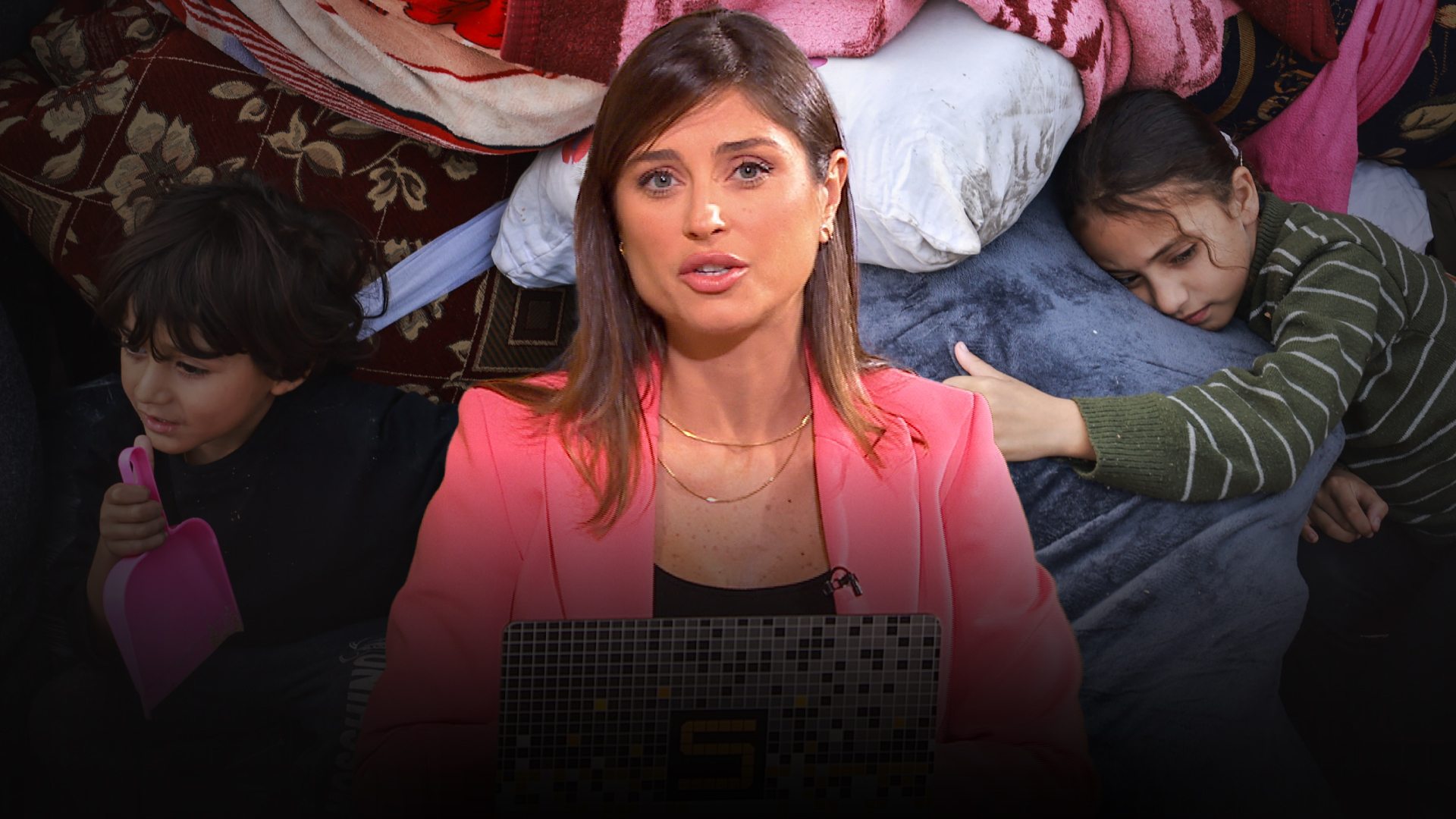US Secretary of State Antony Blinken has said that Palestinian civilians must be able to return home and rejected statements by Israeli officials calling for the mass displacement of Gaza residents.
Speaking at a press conference in Doha on Sunday alongside Qatari Prime Minister Mohammed bin Abdulrahman bin Jassim Al Thani, Blinken said the United Nations can play a crucial role in allowing displaced civilians in Gaza to return home as Israel moves to a “lower-intensity phase” of its military campaign.
“They [Palestinian civilians] cannot – they must not – be pressed to leave Gaza,” he said.
The top US diplomat condemned the killing of Al Jazeera journalist Hamza Dahdouh, the son of Al Jazeera’s Gaza bureau chief and correspondent Wael Dahdouh, and called it an “unimaginable tragedy”.
Hamza was killed along with fellow journalist Mustafa Thuraya in an Israeli attack on southern Gaza on Sunday.
Israeli forces previously killed several members of Wael Dahdouh’s immediate family in an air raid.
“I can’t begin to imagine the horror that he’s experienced – not once, but now twice,” Blinken said.
“This is why we are pressing the need – the imperative – not only of making sure that humanitarian assistance can get to people who need it, but that people are protected from harm from this conflict in the first place.”
Tamer Qarmout, assistant professor in public policy at the Doha Institute of Graduate Studies, told Al Jazeera that while Blinken has expressed sorrow over Dahdouh’s loss, the top US diplomat has not held Israel accountable for killing journalists in Gaza.
The US Department of State has issued emergency declarations twice in recent weeks to deliver bombs to Israel without congressional oversight.
At the press conference in Doha, Blinken said that all US weapons deliveries to any country, including Israel, are made with conditions that humanitarian law is respected.
He said that while Israel has a right to target Hamas and ensure that the group can no longer launch attacks, it is “imperative” to protect civilians.
“As operations phase down, that will certainly make it easier to ensure that civilians are not harmed and will also ensure that more assistance can get to people who need it,” he said.
Qatar’s Al Thani said that the world is getting used to the images of civilian suffering in Gaza.
“This is a big test for our humanity,” he said.
At least 22,835 people have been killed – including 9,600 children – in Israel’s assault on Gaza since October 7, according to Palestinian officials. At least 1,140 people were killed in Hamas’s October 7 attack on Israel, according to Israeli authorities, and around 240 others taken captive.
Al Thani said the killing of Hamas deputy political leader Saleh al-Arouri in Beirut has affected Qatar’s efforts to negotiate between the Palestinian group and Israel over freeing the captives.
Qatar previously played a key role in mediating a seven-day truce between Israel and Hamas that saw more than 100 captives freed and hundreds of Palestinian prisoners released from Israeli jails.
Al Thani said Doha continues to negotiate and that he and Blinken discussed efforts to reach a ceasefire and ensure the release of more captives.
Blinken warns Houthis
The top US diplomat was in Doha as a part of a week-long diplomacy tour in the Middle East, seeking to calm what he said is a “moment of profound tension” in the region amid Israel’s three-month-long war in Gaza.
Since the Israel-Hamas war began on October 7, Israel and the Lebanese armed group Hezbollah have frequently exchanged cross-border fire.
Dozens of Lebanese civilians and more than 140 Hezbollah members have been killed in the fighting, leading to growing concern that the Gaza war could escalate into a regional conflagration.
On a separate front, the Iran-aligned Houthi rebels in Yemen have fired missiles at Israel and carried out several attacks on commercial ships in the Red Sea in what they say are acts of solidarity with Palestinians in Gaza. The group, which controls much of Yemen, say they are targeting vessels which are destined for Israel.
The attacks have led to many global shipping companies including Maersk to avoid the Red Sea shipping route, and the US has responded by setting up a multinational maritime force to protect shipping lanes in the region.
Blinken noted how the Houthi attacks were “hurting people around the world”, with shipping costs increasing and goods deliveries taking longer. He stressed that Washington is keen to ensure the war does not spread.
“Over a dozen countries have made clear that the Houthis will be held accountable for future attacks,” Blinken said, referring to the US-led coalition.
Qarmout told Al Jazeera that it is clear that the Americans are sending a clear message from Doha to neighbouring Iran, who back the Houthis, that they [the US] doesn’t want to see an escalation of the war.
“There is war fatigue … It is an elections year in the US as well. I think the Americans don’t have an appetite for this conflict to escalate and to involve other parties like Hezbollah and Iran,” Qarmout said.
“So I think there is a sincere will by the Americans to engage in diplomacy and achieve some gains.”

